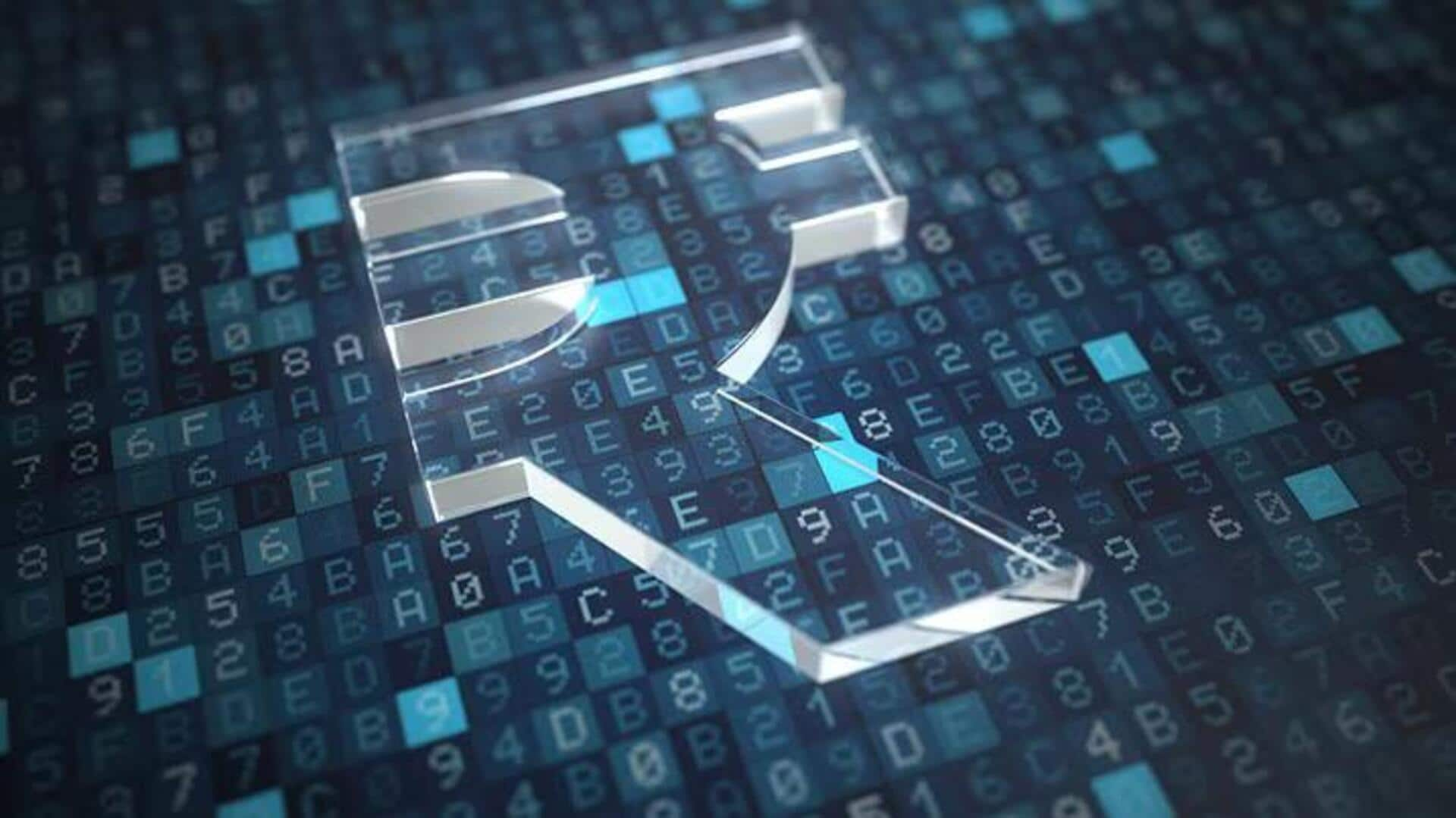
Tech Explainer: What exactly is digital currency
What's the story
Digital currency is the next big thing in the world of finance, and India is catching the wave.
While the government and private companies are figuring out the rules for cryptocurrencies and blockchain, Indian consumers are eager to learn and get involved with this new kind of money.
This article gives you the lowdown on how to safely dip your toes into the exciting world of digital currency in India.
Fundamentals
Understanding digital currency basics
Digital currencies, including cryptocurrencies like Bitcoin and Ethereum, are basically digital or virtual money that use cryptography for security.
Unlike conventional currencies issued by governments (fiat currencies), most digital currencies operate on decentralized networks using blockchain technology.
For Indian consumers, it is essential to grasp these fundamentals before investing or transacting in digital currencies.
Initial steps
Starting with small investments
If you are a first-time crypto investor in India, you should start with a small investment.
Cryptocurrency markets are extremely volatile, with prices often experiencing dramatic changes within short periods.
By investing a small amount initially—say ₹1,000—you can familiarize yourself with market dynamics without exposing yourself to substantial financial risk.
Selection process
Choosing a reliable exchange
Choosing a trustworthy cryptocurrency exchange is crucial for Indian users looking to purchase or sell digital currency.
Opt for exchanges that are regulated by the Government of India and those that implement strong security features, such as two-factor authentication (2FA).
Plus, checking reviews from fellow users can shed light on an exchange's dependability and the quality of its customer support.
Legal landscape
Staying informed about regulations
India's regulatory environment for digital currency is like a game of Snakes and Ladders.
The RBI, in collaboration with other regulatory bodies, regularly issues guidelines and warnings advising against investing in cryptocurrencies.
For crypto enthusiasts and traders, staying updated with these regulations is crucial. It not only ensures compliance but also safeguards investments from potential legal and financial risks.
Security measures
Safeguarding your investments
When dealing with digital currencies, security should be your top priority.
Using strong passwords, enabling two-factor authentication (2FA) on all accounts related to your cryptocurrency transactions, and choosing to store your digital assets in secure wallets are crucial steps.
For large sums, use offline hardware wallets. They offer extra security by keeping your assets safe from theft or hacking.